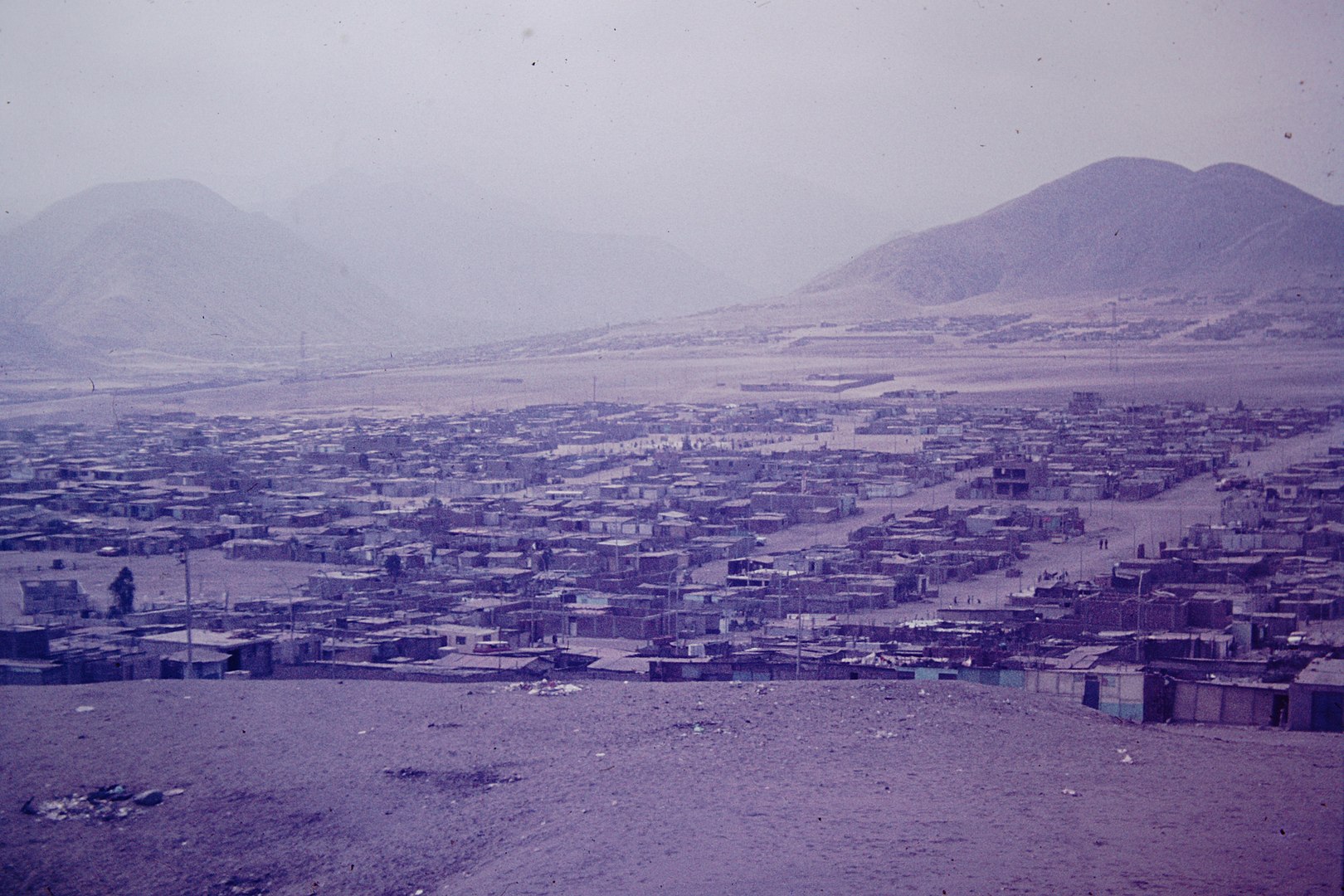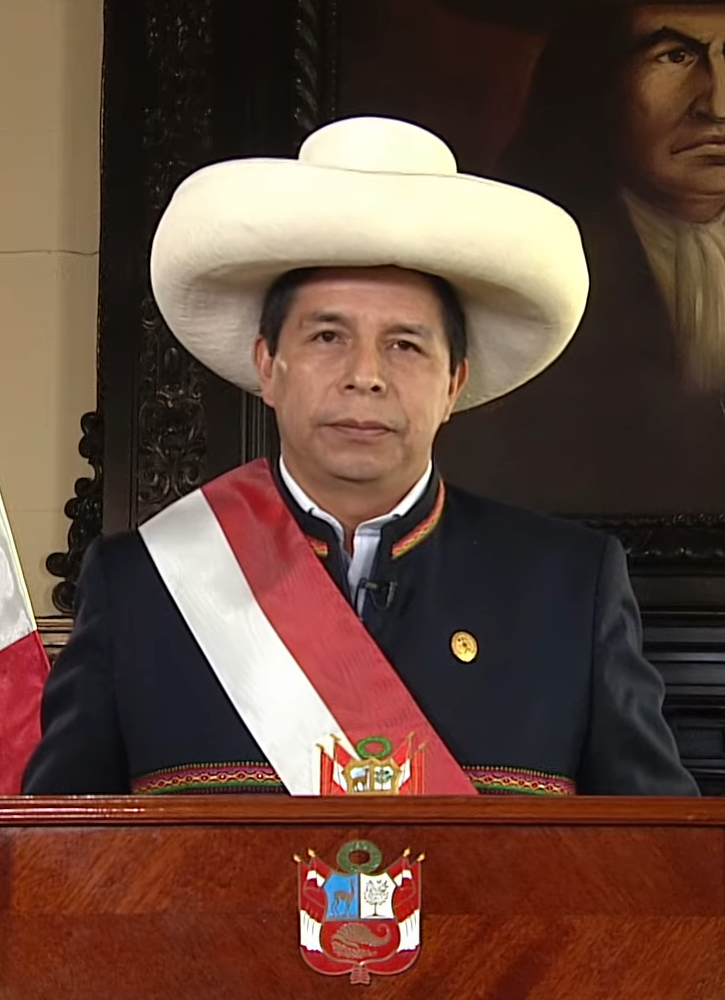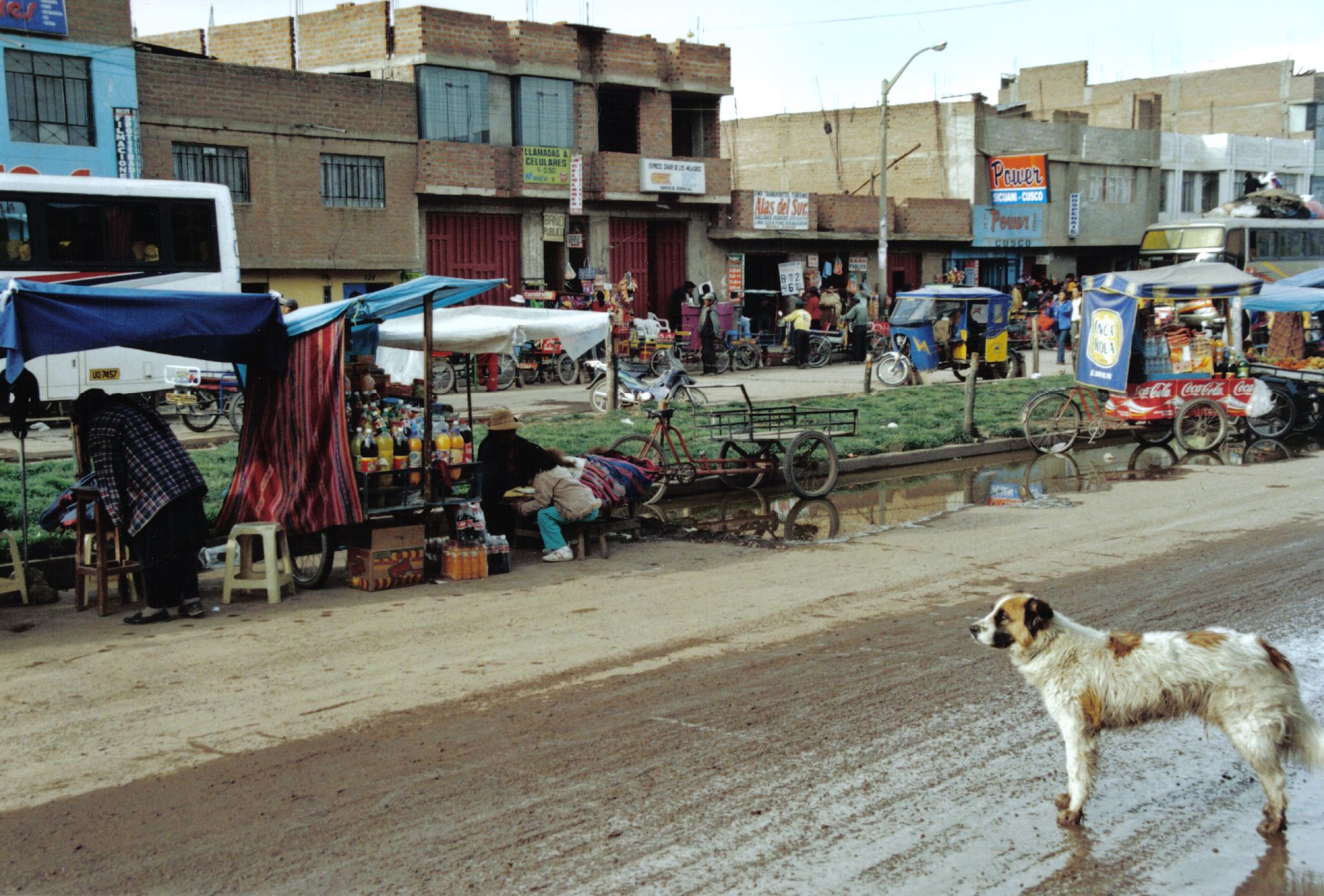In many areas of the world we (thankfully) have the right to choose those who will govern us.
This choice takes the form of elections. We hear what parties and candidates have to say, what promises they make (even if think these will be broken!), what changes they will bring to how things are run, and so on. Once we mull all this over we decide on who best reflects our interests and who will most likely do the best job. We mark our ballot, all the ballots get counted – fairly we hope – and a government is formed.
Alas, this is not always the way.
Aside from nations where this is never the case – hello North Korea! – there are others where the elected amend laws and constitutions to stay in power beyond their term limits (leaders in several African states are VERY good at this). In some cases the military launches a coup. vowing to ‘make things better’ before heading back to the barracks. The recent takeover in Sudan is a fine example.
And then there are instances where actual terrorist groups come to rule.
The case of the Taliban
The first example we had to analyse was when the Taliban took over Afghanistan in the mid 1990s. Following on a few years of post-Soviet withdrawal where the ensuing warlord governance was simply awful, the Taliban (‘students’) came barging in and somehow made things worse! Imposing draconian Islamic laws and restrictions, especially on women and girls, they became synonymous with the worst methods of ruling a nation. And now that they have come roaring back in the wake of ANOTHER withdrawal – this time by the US – expect more tragedy and terror for the Afghan people (claims that they have morphed into ‘Taliban 2.0‘ notwithstanding).
The next case was the announcement of the self-styled ‘Caliphate‘ by Islamic State (ISIS) in 2014 in parts of Iraq and Syria. Born out of the chaos and lawlessness of the post-US invasion of Iraq in 2003, ISIS actually made the Taliban look like the good guys! In part through rapes and enslavement of ‘undesirables’ (i.e. the Yazidis), beheadings, drownings, casting gays off high buildings, these terrorists brought a whole new meaning to ‘governance in the name of Allah’. And while their ‘state‘ is no longer, they are still very active in the aforementioned areas of the Middle East, not to mention their ‘affiliates’ in parts of Asia and Africa.
The Peruvian experience
But in case you thought this was solely an Islamist extremist phenomenon, I have yet one more instance to discuss in this Perspective. This one comes from Peru, a land not normally associated with terrorism in the minds of many in the West I’d wager. In truth, however, the Andean nation did suffer from decades of low-level ideologically-based violent extremism from a group known as Sendero Luminoso or SL (Shining Path in English), a Maoist bunch formed in the 1960s which sought to destroy existing Peruvian institutions, replace them with a communist peasant revolutionary regime and eschew any ‘foreign’ influence.
Since the Peruvian army’s capture of SL leader Abimael Guzman in 1992 (he was a university professor), the terrorist organisation has become much less active. That may be changing, but not in a way one would expect. This time, SL has snuck in by the back door to be part of the government!

Newly elected (summer 2021) Peruvian President Pedro Castillo, a rural schoolteacher, farmer and union activist from a small town in the Andes who had never before held political office, quickly formed a ‘dysfunctional’ cabinet of the far left that many Peruvians saw as an affront. In fact, many of his supporters are also fans of SL. Peruvian police believe that the labour minister may have taken part in terrorist attacks on behalf of Shining Path at some unspecified date in the past.
Castillo’s government has wasted no time in engaging in terrible governance: the economy is in tatters. Not that this is solely his fault as successive Peruvian administrations have also done a terrible job at running the nation. But the idea that SL somehow is qualified to make decisions in the interests of all Peruvians, and not just the poor and dispossessed it claims to represent, is laughable.
The lesson in all this is that we should all look critically at politicians‘ previous experience before we make them our leaders. Having been part of a terrorist outfit should be seen as a mark against, not for, one’s candidacy. Terrorist groups have limited goals and transforming into government is rarely of them.
Then again, some may counter with the example of Nelson Mandela. The former African National Congress (ANC) leader is a hero for his role in overthrowing white rule in South Africa (although many saw the ANC itself as a terrorist group). And yet how has the ANC performed as a government? Abysmally. The same goes for Daniel Ortega, a former head of the Sandinistas in Nicaragua which were instrumental in overthrowing the Somoza dictatorship. Throughout his tenure he has trampled on democratic rights in that nation ever since.
In closing, perhaps terrorists should not be seen as models of running a country. Their track record ain’t good. Peru is but the latest instance where this is true.
Read More About Terrorism in Peru

February 15, 1992: Assassination of Peruvian women’s rights leader
On February 15, 1992 the Sendero Luminoso assassinated Maria Elena Moyano, an Afro-Peruvian local activist and women’s rights campaigner

When terrorists become rulers
Bringing in (former) terrorists to run nations is generally a very bad idea: terrorist groups are not even remotely qualified to do so.

May 20, 2007: Backpack full of dynamite explodes at Peru market
On May 20, 2007 six people were killed and about 50 injured in a blast at a market in the city of Juliaca in southern Peru
